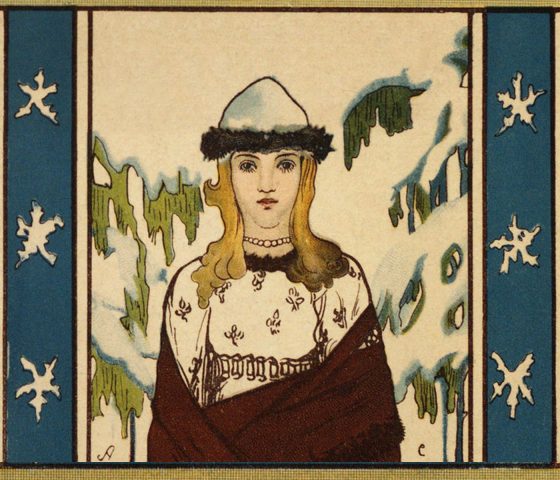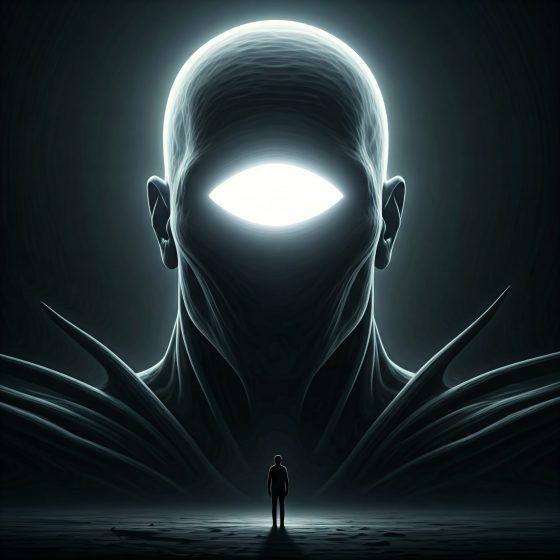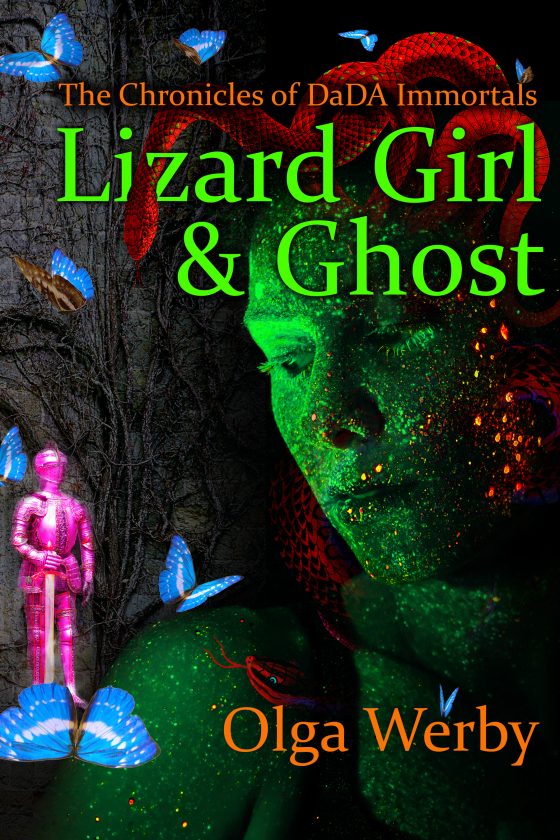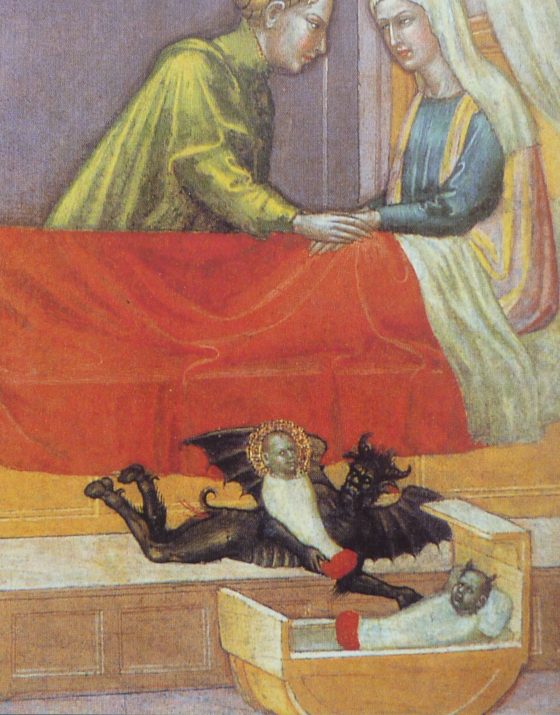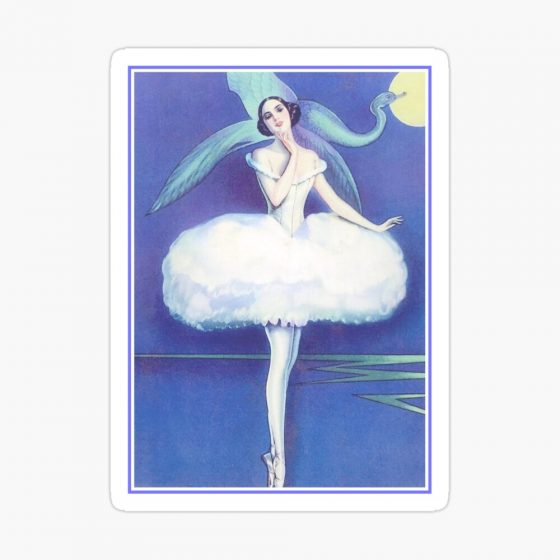
When I was about five, I was obsessed with Swan Lake. I adored the score and played the record over and over again. I remember attending the ballet, but it was the music and the story that truly captivated my soul. The music, written by Pyotr Ilyich Tchaikovsky between 1875 and 1876, is sublime. Even now, I can pinpoint where we are in the story just by hearing a few chords; the ending still brings me to tears. But what affects me the most — is it the music or the story? Here’s a quick summary of the story: a princess, cursed to live as a swan during the day, regains her human form at night. One evening, a prince, out hunting, encounters her and falls deeply in love. While court intrigues attempt to lead the prince to choose a bride and a malevolent witch tries to deceive him, these elements pale in comparison to the climax. Ultimately, the prince forsakes his humanity, transforming into a swan to join the woman he loves. Together, they fly away, a happy couple. Swan Lake embodies a mythic story archetype, echoed throughout fantasy and fiction. Consider Twilight, where a lover surrenders her humanity…
Read more →


